Chinese Healer’s Conviction for Manslaughter Charge Overturned on Appeal
A western Sydney Chinese healer has had his conviction for a manslaughter charge overturned on appeal.
Hong Chi Xiao had previously been sentenced to 10 years imprisonment for advising the parents of a young boy to stop their son’s insulin injections and instead rely on his “slapping therapy”.
However, his appeal was allowed in the New South Wales Court of Criminal Appeal based on the trial judge inadequately summing up the defence case.
Hong Chi Xiao Manslaughter Charge
Hong Chi Xiao was found guilty of a manslaughter charge in relation to a six-year-old diabetic boy.
The boy cannot be named for legal reasons. He died following a series of workshops held in Hurstville in April 2015.
The parents of the child attended a conference where Mr Xiao showed a “disdain for Western medicine”.
The self-proclaimed Chinese healer allegedly advised the parents to stop their son’s insulin injections and blood glucose tests.
The Health Care Complaints Commission (HCCC) investigated the matter. They made findings that Mr Xiao told the boy’s parents that slapping therapy “could heal all diseases, including diabetes, and that no medication was required because insulin could be generated” through the treatment.
The HCCC permanently banned him from practising medicine.
Slapping therapy – also known as paida lajin – involves slapping of the skin to release toxins from patients.
He was also alleged to have recommended the child stop eating for three days and only drink water or a “ginger date drink”.
The boy became noticeably sick over the next few days and began vomiting a black substance. Rather than suggest he receive proper medical treatment, Mr Xiao allegedly told the boy’s mother that his body was adjusting to the “self-healing process”.
It was only once he began having seizures that the boy was rushed to St George Hospital. By that time, it was too late and the child died at the hospital.
The NSW Coroner found the Xiao’s treatment directly caused the boy’s death on 27 April 2015.
He was extradited from London to Sydney in 2017 to face manslaughter charges.
Appeal Allowed
District Court Judge Garry Neilson in his sentencing for the manslaughter offence said Mr Xiao showed, “no signs of true remorse”.
However, Xiao filed a conviction appeal following the verdict.
His argument was based on inconsistencies in the evidence making the verdict unreasonable. He also argued that Judge Neilson had told the jury that there was “no defence” during the trial.
Tim Game SC told the court that Judge Neilson did not summarise the defence case and did not give enough evidence to the jury to make a sound decision.
Justice Derek Price, Justice Ian Harrison and Justice Mark Ierace granted the appeal and quashed Mr Xiao’s conviction.
He will now face a new trial at Sydney District Court for the manslaughter charges.
The boy’s mother, father and grandmother were also charged over his death, but they were found not guilty by a jury.
Mr Xiao has been in prison since his arrest in 2017 but has long rejected criticism that his techniques endanger lives.
The case is next listed on 11 March 2022 for mention.
Manslaughter Lawyers
Section 24 of the Crimes Act 1900 (NSW) sets out that if your actions caused a person to die, you may be guilty of manslaughter.
You can fight manslaughter charges in two ways. Firstly, the prosecution must prove beyond reasonable doubt:
- The alleged victim died; and
- Your actions or failure to act caused that death (causation); and
- Your act was either:
a. provoked, excessive self-defence or substantial impairment;
b. you did not fulfil your duty of care (eg. professional negligence as a nurse or doctor);
c. unlawful and dangerous (ie. you exposed another person to a risk of serious injury)
There have been a number of recent examples of an Accused person beating murder charges after retaining experienced criminal defence lawyers. Having the best criminal lawyers for murder charges will go a long way towards beating these charges. Call Astor Legal criminal lawyers on (02) 7804 2823. Or, you can email info@astorlegal.com.au.
The following defences to Manslaughter charges apply:
- Identification: The prosecution cannot prove you were responsible for the death. If your DNA or fingerprints were found at the scene, we can instruct our team of DNA and fingerprint experts to cast doubt on this evidence;
- Self-defence: This is a common defence. Your actions were necessary to defend yourself and a reasonable response in the circumstances.
- Causation: Your actions did not cause the death
- Duress: You were forced to commit the offence
Every person found guilty of manslaughter has been sentenced to jail. The length of imprisonment ranges from 5 years to 18 years. Unsurprisingly, jail is inevitable for this offence.


















